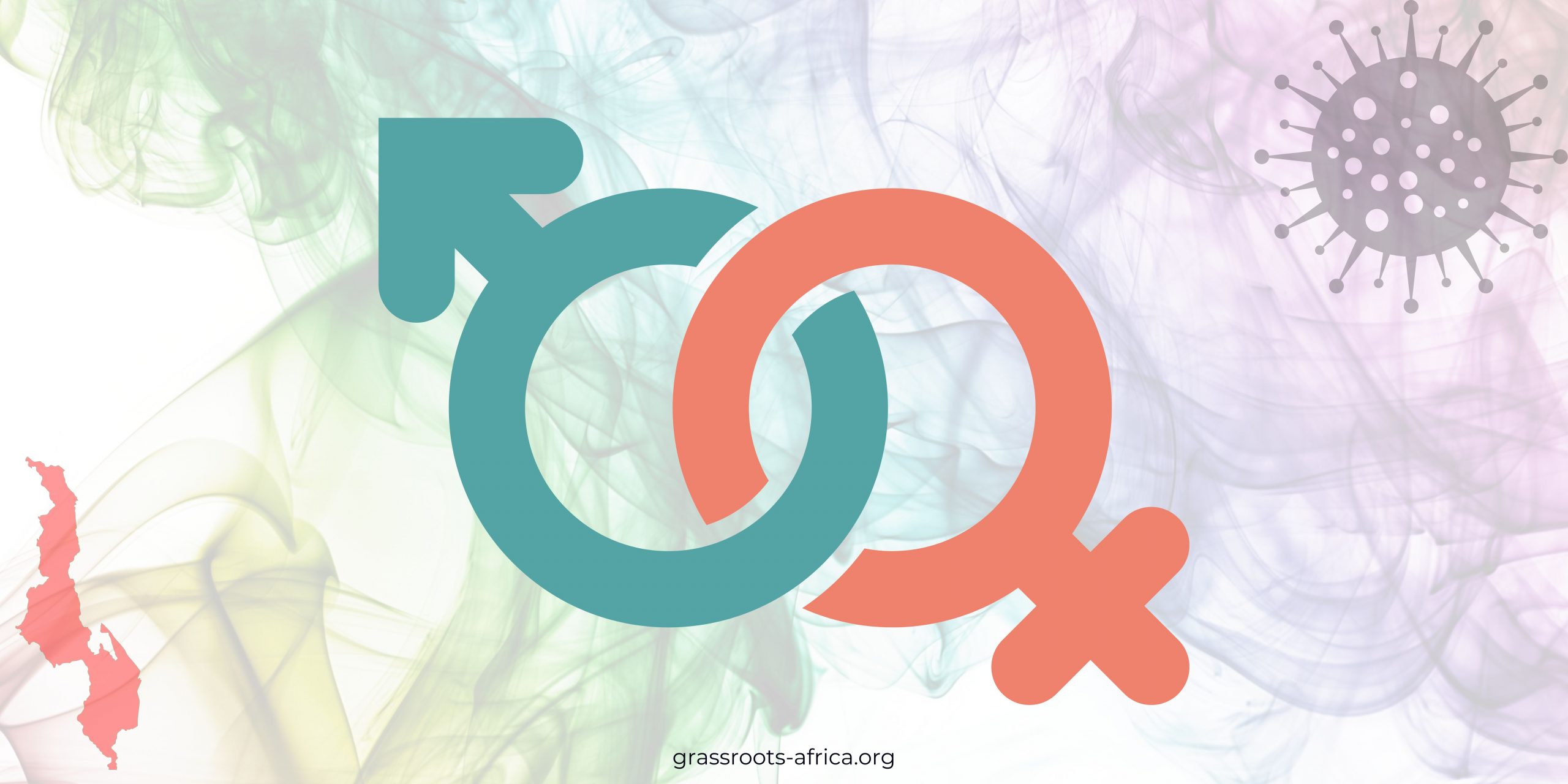Exploring Equity and Gender Roles in Malawi’s Cholera Outbreak
by Admin
Posted on July 18, 2023
Malawi grappled with the most severe Cholera outbreak in its history over the past several months. According to statistics from the Public Health Institute of Malawi, the country recorded 58,870 cumulative confirmed cases and 1,761 deaths between March 2022 to March 2023. This represents a significant concern for public health, as Malawi’s fatality rate at this time consistently remained above 3%, surpassing the World Health Organization’s recommended rate of 1%.
A closer look:
An analysis of the gender distribution of infections reveals that men were disproportionately affected by the epidemic. As of February 2023, the World Health Organization reported that 57% of patients admitted to Cholera treatment facilities were men, and 66% of fatalities were also men. This gender divide is often attributed to women accessing more health promotion information through their engagement in community structures, such as village banks and community forums, compared to men.
However, this argument may be flawed, as men have greater access to alternative means of communication. A 2018 study by DAI found that men have more control over the use of phones and radios in Malawian households, granting them easier access to information, including Cholera-related messages, at any time.
And yet, a 2018 study on gendered healthcare seeking in Malawi by Sara Yeatman and others revealed that women access healthcare information and services six times more often than men and have a stronger relationship with the healthcare system. The question then arises: why does the epidemic affect men more than women?
A 2006 World Bank report on gender, time use, and poverty in sub-Saharan Africa unveiled that in Southern Africa, including Malawi, reproductive tasks such as housework, cooking, and caring for children, the sick, and elderly household members are predominantly carried out by women as a necessary family maintenance trait. The report also indicates that during crises, especially illnesses and other major emergencies, women and girls bear a heavier burden of responsibility that consumes a significant portion of their time.
Impact of gender roles on health outcomes:
Based on this analysis, it is evident that gender roles and social norms have a profound influence on how men and women are affected by and respond to health challenges and outbreaks like Cholera in sub-Saharan Africa. Since the burden of care primarily falls on women, many tasks and information related to healthcare and health promotion are assumed to be their responsibility, while men take on more passive roles. Consequently, women are compelled by this expectation to seek healthcare information to safeguard their families as much as possible.
Understanding cultural expectations and their impact on health-seeking behavior in public health emergency contexts is of utmost importance. Although advancements in media technology have provided more opportunities for women and men to access healthcare information equally, cultural barriers persist, hindering the equitable distribution of responsibility within households. While media campaigns on health promotion consider contextual cultural influences, it is crucial to further dissect these influences to address seemingly unassuming gender norms that challenge equity in households and communities.
Developing targeted interventions:
In Malawi, efforts have been made to incorporate gender perspectives into cholera response strategies. For instance, community-based programs have been implemented to educate both men and women about Cholera prevention, symptoms, and treatment. These programs emphasize the importance of shared responsibility in maintaining hygiene practices, including handwashing and safe water management, as well as recognizing and challenging gender norms that perpetuate unequal burdens.
However, we can do more. In the context of Cholera outbreaks, raising awareness about the specific risks and vulnerabilities faced by men and women can help in developing targeted interventions. For example, addressing cultural norms that limit men’s involvement in household chores and caregiving responsibilities can encourage their active participation in maintaining clean and hygienic environments, thereby reducing the transmission of Cholera and related infections. Similarly, empowering women with more knowledge and resources can enhance their ability to protect themselves and their families from the disease beyond the expected norms.
Data-driven insights:
Data collection and analysis play a crucial role in understanding the gendered impacts of Cholera outbreaks and designing effective interventions. By collecting disaggregated data on infection rates, healthcare-seeking behaviours, and outcomes, policymakers and public health practitioners gain insights into the specific needs and vulnerabilities of different gender groups. This data-driven approach enables targeted interventions to address the underlying social and cultural factors that contribute to gender disparities in health outcomes.
Addressing gender disparities in Cholera outbreaks and other health emergencies is essential for achieving equitable and effective responses.
About the author:

Zainab Chisenga is a Gender & Development, Knowledge Management & Communications Specialist based in Malawi. She is a passionate advocate who writes, speaks and podcasts on gender equality and women’s empowerment themes in her personal capacity.

Recent Comments